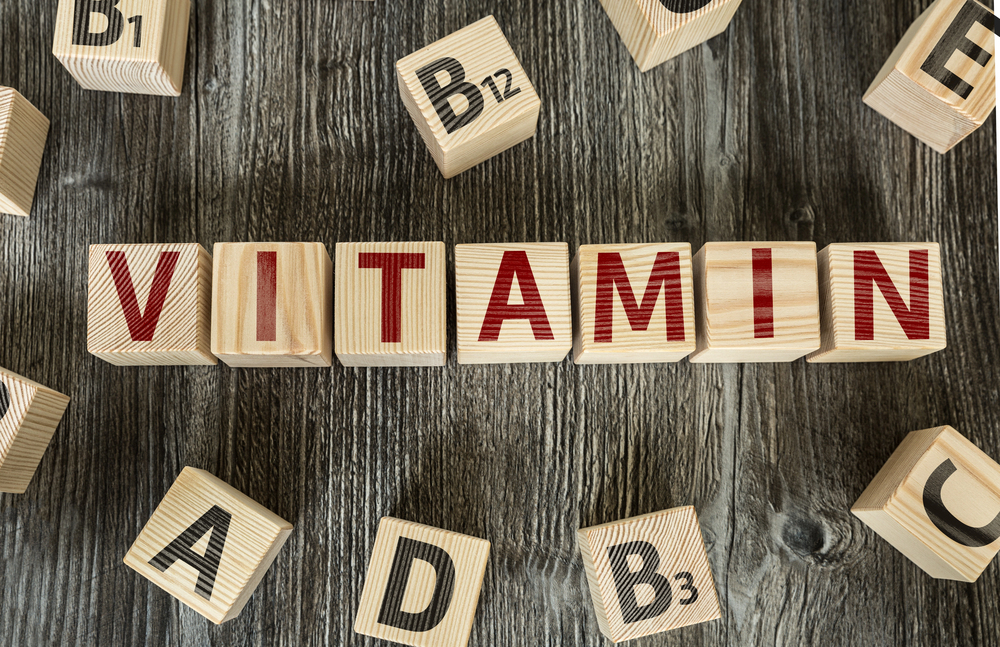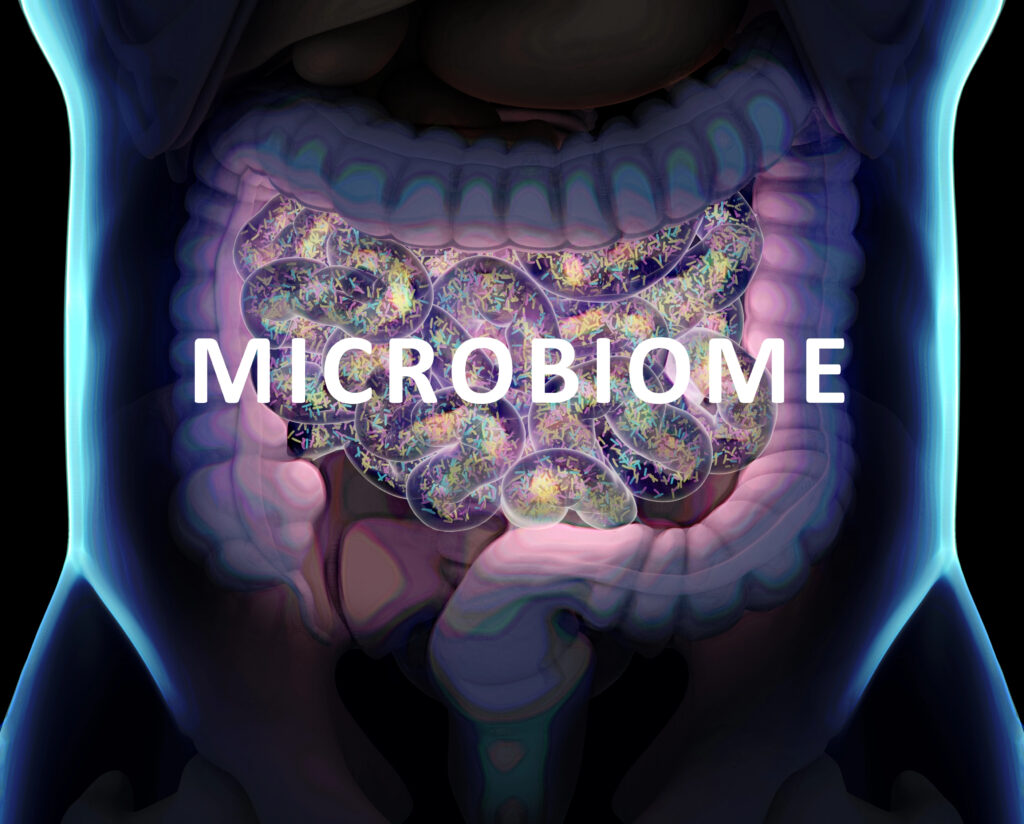- Addiction or dependency (particularly to benzodiazepines)
- Problems with attention or memory
- Daytime drowsiness
- Stomach pain
- Balance issues
- Headaches
Luckily there are ways to sleep better without the side effects. Natural nutrients and herbs can be used to induce and enhance sleep.
Stress and Sleep
 Prolonged stress can greatly affect our ability to sleep. Cortisol, the “fight or flight” hormone produced by the adrenal glands, is essential to stress response. However, if cortisol levels remain high due to prolonged stress, sleep problems can occur.
Prolonged stress can greatly affect our ability to sleep. Cortisol, the “fight or flight” hormone produced by the adrenal glands, is essential to stress response. However, if cortisol levels remain high due to prolonged stress, sleep problems can occur.
Cortisol follows a diurnal pattern, meaning that it is highest in the morning and decreases throughout the day, reaching its lowest point around 12:00 at night. Cortisol that is too high at night will cause difficulty sleeping. This manifests as waking up at 2:00 or 3:00 in the morning with an inability to go back to sleep. Those who experience this should avoid exercising in the evening as intense exercise can increase cortisol.
Several nutrients are essential to the functioning of the adrenal glands including vitamin C, B5, and B6. These nutrients can be depleted by excess activity of the adrenals due to stress. They may need to be taken to avoid deficiency.
Other nutrients that can reduce cortisol and thus enhance sleep are l-theanine, phosphatidylserine, magnolia bark, and ashwagandha. These nutrients are the hallmark of many sleep formulas.
Magnesium, the Calming Mineral
Magnesium is a calming mineral that can relax the muscles and the nerves, and hence is often recommended for sleep. About 50% of Americans have magnesium deficiency, so adding magnesium is often enough to improve sleep. It is used in over 300 biochemical reactions in the body, so can have benefits that reach far beyond improved sleep.
Magnesium comes in several forms including magnesium citrate, magnesium glycinate, and magnesium threonate. I generally recommend the glycinate form for sleep. The glycine that it is bound to it also has a calming effect on the nervous system. Doses ranging from 100-400 mg may be appropriate, depending on your size and your situation.
Magnesium can also help to regulate GABA (see below) and promote progesterone, so can be helpful in cases of brain over-stimulation or lack of sleep due to perimenopause (see below).
CBD from Hemp
 Hemp extracts high in CBD can also promote sleep. They act on the endocannabinoid system in the body. This system has many receptors throughout the body, particularly in the nervous and immune systems. Normally, our body makes its own cannabinoids. However, in situations of high stress, poor diet, too much alcohol, or illness, our own internal production can become insufficient. This causes imbalances in the body, including aggravated stress and poor sleep.
Hemp extracts high in CBD can also promote sleep. They act on the endocannabinoid system in the body. This system has many receptors throughout the body, particularly in the nervous and immune systems. Normally, our body makes its own cannabinoids. However, in situations of high stress, poor diet, too much alcohol, or illness, our own internal production can become insufficient. This causes imbalances in the body, including aggravated stress and poor sleep.
Hemp, while being from the same family as marijuana, is different. It contains only trace amounts of THC, the psychoactive cannabinoid in marijuana. By law, hemp extracts being sold over-the-counter must contain less than .3% THC. So at less than 1% concentration, you will not get a psychoactive effect from hemp extracts.
CBD from hemp is, however, very powerful in terms of its calming effect. This is the reason so many people find it to be helpful with sleep. It can be found in capsules, liquid oils, gummies, chocolates, beverages, and other forms.
We recommend using products made by companies with good manufacturing standards and that have certificates of analysis available on their websites. This way you will know that you are getting the CBD content you are paying for.
In addition, CBD is known to have an “entourage effect”, meaning that it works best when it is delivered along with other cannabinoids. This will be found only in a product that is labeled “full-spectrum” hemp, rather than one that is from CBD isolate. CBD isolate is generally cheaper, but also requires a higher dose for the same effect. We prefer full-spectrum as it is closer to the way the nutrients are delivered in nature.
Herbs for Sleep
Herbs are another of Mother Nature’s answer to sleep. There is an entire class of herbs called nervines that calm and fortify the nervous system. You may use these herbs individually, but they are often combined in sleep formulas. Some of the most common are valerian, passionflower, skullcap, ashwagandha, magnolia bark, hops, California poppy, and lemon balm.
Lemon balm is a great choice for children as it is very gentle. It has antiviral qualities and is also used to relieve fever. Valerian is the most sedative of the herbs, while passionflower is quite gentle and is appropriate in smaller doses for daytime use.
Gaia makes several excellent sleep formulas that combine several nervine herbs. Herbs can also be found in the singular form if you prefer to try just one herb at a time.
Melatonin
Melatonin is a hormone secreted by the pineal gland in response to darkness. It is the “sleep hormone”, having the opposite action of cortisol. It is made from serotonin in the body, and thus may be in short supply for those with low serotonin. Those with depression often have low serotonin.
Melatonin production begins to decrease after age 50, so many people above this age may benefit from taking it. While it is not typical for those under 50 to be deficient in melatonin, blue light from computers and other devices, when used at night, may decrease its normal production. To maximize melatonin production, devices should be turned off two hours before bedtime, and your room should be as dark as possible when you go to sleep.
Despite the fact that many pediatricians recommend melatonin for sleep, it is not my first go-to for kids. Making sure that children have adequate Vitamin D, omega-3, and magnesium levels, have good sleep habits, and take a multivitamin are more likely to resolve sleep problems. Herbs can be used if there is difficulty settling down at night. I like the Gaia Kids Calm Support, which was formulated by a pediatric naturopath.
Melatonin is effective at doses as low as 0.5 mg, but the typical range is 0.5-3 mg. Higher doses should be recommended by a practitioner. Melatonin also has antioxidant effects, and when higher doses are used, it is often for this effect.
5-HTP and GABA
You may also have heard of using 5-HTP for sleep. 5-HTP is helpful when serotonin is low or dopamine is high. Low serotonin or high dopamine can have an agitating effect on the brain, disrupting sleep. Keep in mind, though, that 5-HTP should not be used with other medications without consulting your doctor. It may have an additive effect. 5-HTP is a direct precursor to serotonin and thus can have a calming effect on the mind and body, and assist in melatonin production.
GABA is a calming neurotransmitter that interconverts with glutamate, which has a stimulatory action. Some people have difficulty making this conversion genetically, and need support to avoid excess stimulation. Low GABA is common in ADHD and anxiety. GABA may be helpful if you have a known variant in the GAD enzymes, or if your brain feels constantly over-stimulated.
Sleep and Perimenopause
Many women experience sleep issues during the transition to menopause. Perimenopause can last anywhere from 2-10 years, so when it affects sleep, this wreak havoc on everyday life. These issues are unique in that they may be caused by hormonal fluctuations, or waking in response to hot flashes. In this case the best approach to take is to deal with the hormonal fluctuations rather than one of the above approaches.
When perimenopause begins, it is progesterone, not estrogen, that first declines. Progesterone has anti-anxiety and anti-inflammatory effects, so a shortage may contribute to poor sleep. Progesterone is also made in the same pathway as cortisol in the body. If you are producing too much cortisol in response to stress, your progesterone production may decline. Classic signs of low progesterone are trouble sleeping, irritability, stiffness, swollen breasts, or heavy periods.
If you have any of these symptoms, you may need to use progesterone cream in order to create better balance. Proper detoxification of estrogen, which must be in balance with progesterone, can also be helpful. If you prefer not to add hormones, the herb Chaste Tree Berry is known to increase progesterone. Magnesium supports the COMT enzyme in the liver, which is one way that estrogen is detoxified from the body. It also supports to production of progesterone, and calms the mind.
Another common herb that helps with menopause-related sleep concerns is black cohosh. Black cohosh can reduce hot flashes, thus improving sleep.
If you are afraid to take medications for sleep, don’t like their side effects, or just simply prefer to do things naturally, please talk to our staff about the best options for you. If you need help with more chronic sleep issues, please contact our nutritionist, Lynn Bednar, for an appointment at Lynn@walshnatural.com or call (888) 960-6578





